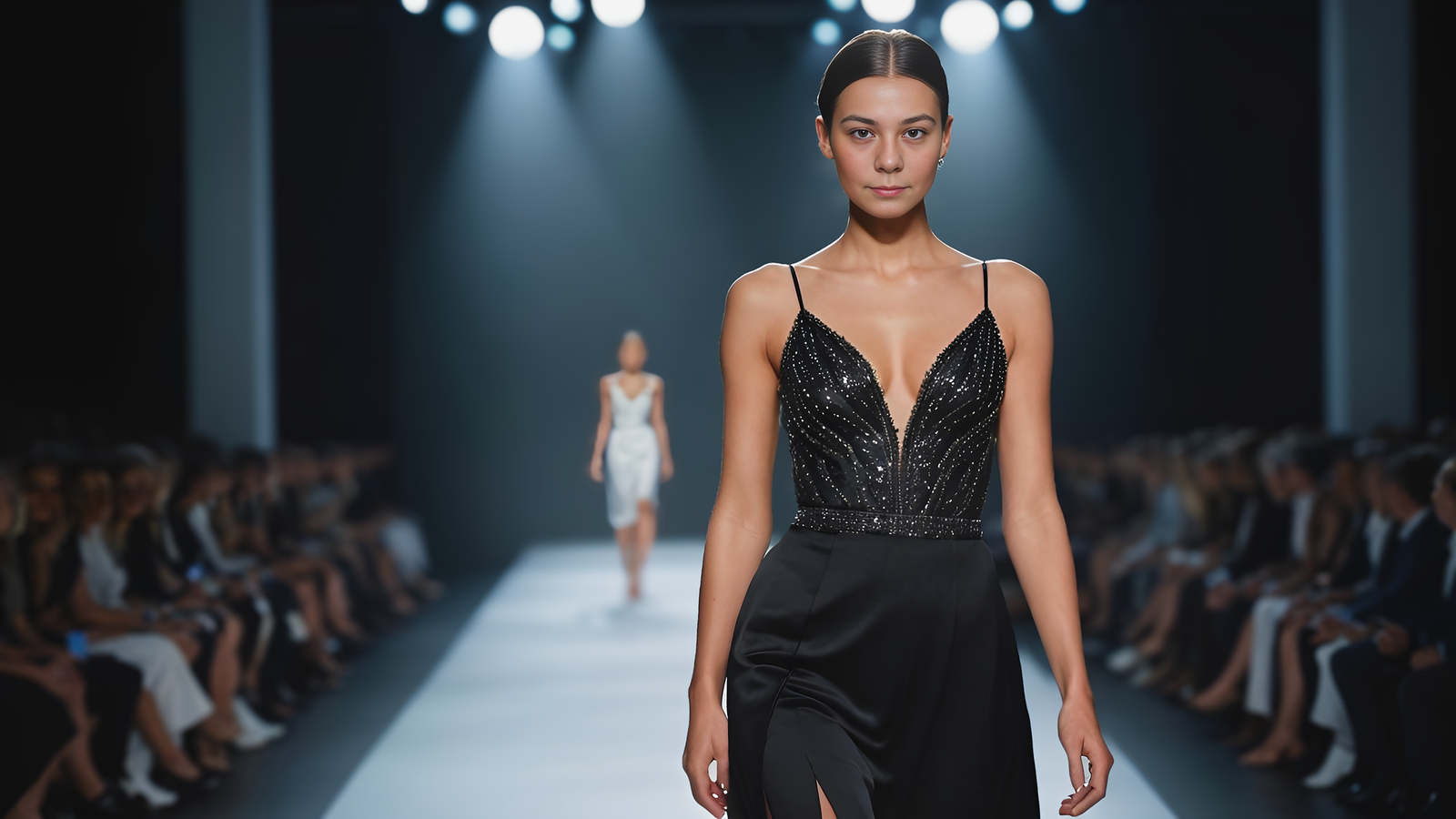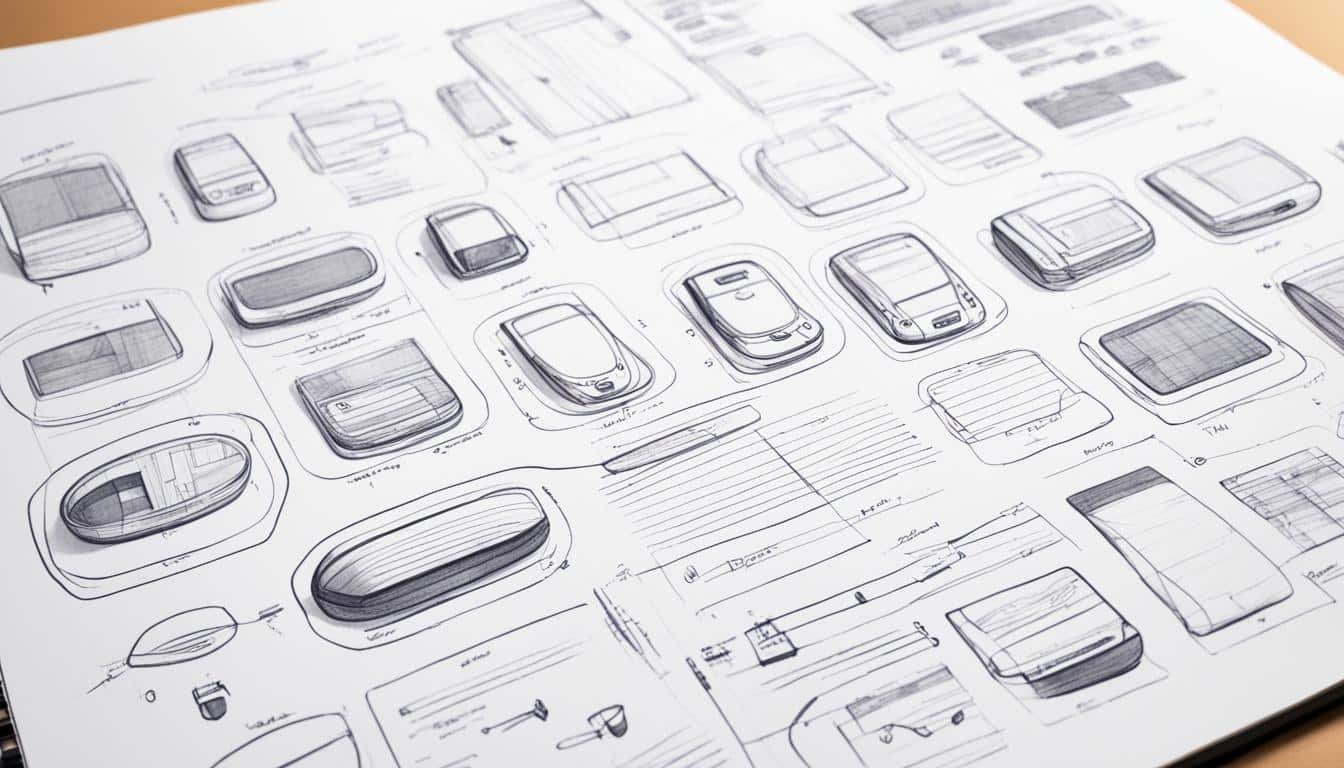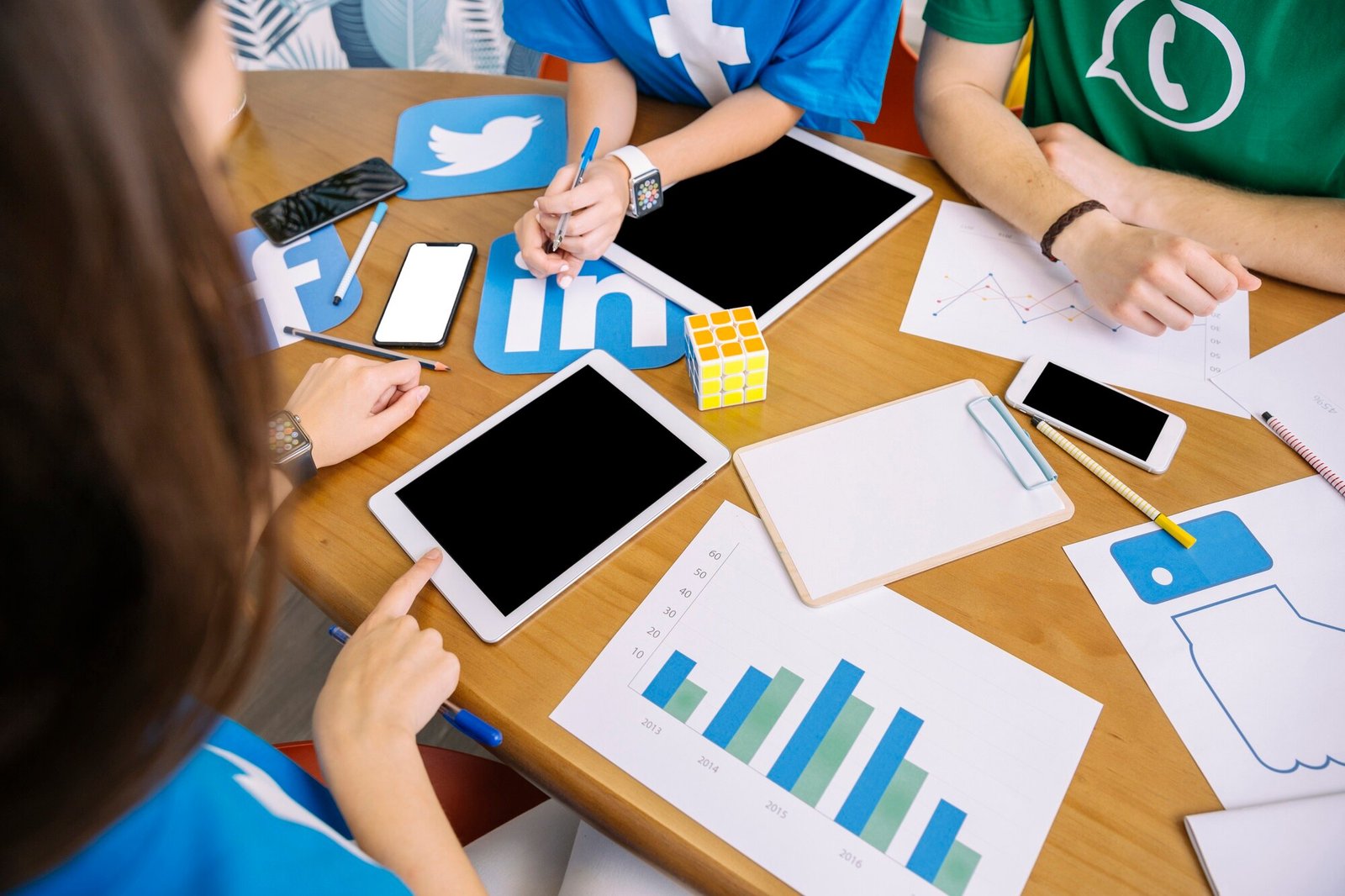The Psychology of Fashion: How Clothing Affects Mood and Perception
Fashion psychology explores the profound impact of clothing on emotions, self-perception, and social interactions. Clothing is more than a means of covering the body; it serves as a psychological tool that shapes confidence, identity, and interpersonal dynamics. By understanding the psychology of clothing, we can see how fashion influences mood, behavior, and self-expression.”
The Role of Color in Mood Regulation
Color is a powerful tool in influencing emotional responses. Research shows that warm colors, like red and yellow, evoke feelings of excitement, passion, and energy, while cooler tones, such as blue and green, tend to calm and soothe. Individuals often select colors based on the mood they wish to convey or to enhance their emotional state. For example, wearing red might inspire feelings of confidence and assertiveness, while blue can promote relaxation. The psychological impact of color highlights how clothing can serve as a subtle but effective way to regulate mood and self-expression, affecting both personal well-being and social interactions.
Fit and Body Image
The way clothing fits can deeply affect an individual’s body image and self-esteem. Studies indicate that well-fitted clothing boosts confidence and promotes a positive self-image, while poorly fitting clothes can result in discomfort and a negative perception of oneself. Many people may avoid certain clothing styles due to concerns about body image, but well-chosen garments can encourage empowerment and self-assurance. Clothing that accentuates personal features and feels comfortable can foster a sense of pride and satisfaction.
Social Perception and First Impressions
The impact of clothing on first impressions is undeniable, as people are often judged based on their appearance before anything else. For instance, formal clothing may lead others to view someone as more professional or authoritative, while casual attire might convey friendliness and approachability. The ability of clothing to shape perceptions is why many individuals carefully select their outfits for important meetings or events. Understanding this psychological phenomenon allows us to recognize that fashion not only affects how we feel about ourselves but also how we are viewed in social and professional contexts.
The Impact of Fashion Trends
Fashion trends reflect broader cultural and social movements, but they also exert significant pressure on individuals to conform. While trends can promote a sense of belonging and connection to others, they can also create anxiety for those who feel excluded or unable to keep up with rapidly changing styles. Some individuals experience social validation through adopting popular trends, while others may reject them in favor of more timeless or personal styles. The psychology of trends speaks to our deep-seated desire for group inclusion, but it also highlights the internal conflict that can arise when personal identity clashes with societal expectations. Understanding this dynamic helps us appreciate how fashion influences our social interactions and mental well-being.
Workplace Attire and Professionalism
In professional environments, the clothes we wear often influence not only how we perceive ourselves but also how others view our capabilities. Proper attire can help individuals project authority, respect, and professionalism, which are vital for success in many industries. However, workplace fashion is increasingly evolving to embrace diversity and self-expression, allowing individuals to balance professionalism with their unique style. This shift emphasizes that while attire plays a significant role in professional success, it also needs to align with personal comfort and authenticity.
Clothing as a Protective Barrier
Many individuals use clothing as a form of protection, whether to shield themselves from judgment or to manage their emotional state. Clothing can act as a psychological barrier, providing individuals with a sense of security in situations where they may feel vulnerable. For example, someone might choose a dark-colored outfit to feel less noticeable in a crowd or opt for something bold to assert their individuality. In this sense, clothing becomes a tool for emotional management, allowing individuals to navigate complex social situations with greater ease.
Fashion Therapy and Self-Discovery
Fashion can also serve as a form of therapy, providing a channel for emotional release and self-exploration. The process of shopping, styling, or even creating clothes allows individuals to express emotions and experiment with new aspects of their identity. For many, fashion serves as a therapeutic outlet to explore their personality, gain a sense of control over their appearance, and even reshape their self-image. By recognizing fashion as a tool for personal growth, individuals can use it to navigate emotional challenges and achieve greater emotional well-being.
Sustainable Fashion and Ethical Choices
The rise of sustainable fashion has shifted the focus of clothing choices to aesthetics and ethical considerations. When individuals make clothing choices that align with their values—such as purchasing from eco-friendly brands or supporting fair trade practices—they often experience a boost in self-esteem and personal fulfillment. Sustainable fashion is not just about reducing environmental impact; it’s about aligning personal values with consumption habits.
The Future of Fashion Psychology
As we move toward a more inclusive and diverse fashion landscape, there is increasing interest in how clothing can foster well-being and self-expression. Future research will likely delve deeper into the psychological effects of digital fashion, virtual try-ons, and how social media influences clothing choices. Understanding these trends can lead to a more comprehensive understanding of the relationship between fashion and psychology, helping individuals use clothing to enhance their emotional and mental health. In the future, fashion may be seen not just as a form of expression but as a tool for personal empowerment and emotional resilience.
In conclusion, clothing is far more than just an external adornment; it is intricately tied to our emotional and psychological state. The psychology of fashion reveals the deep connection between what we wear and how we feel about ourselves, our relationships, and the world around us. By exploring these dynamics, we can appreciate how fashion influences mood, social interactions, and self-identity, empowering individuals to use clothing as a tool for emotional well-being and self-expression.







